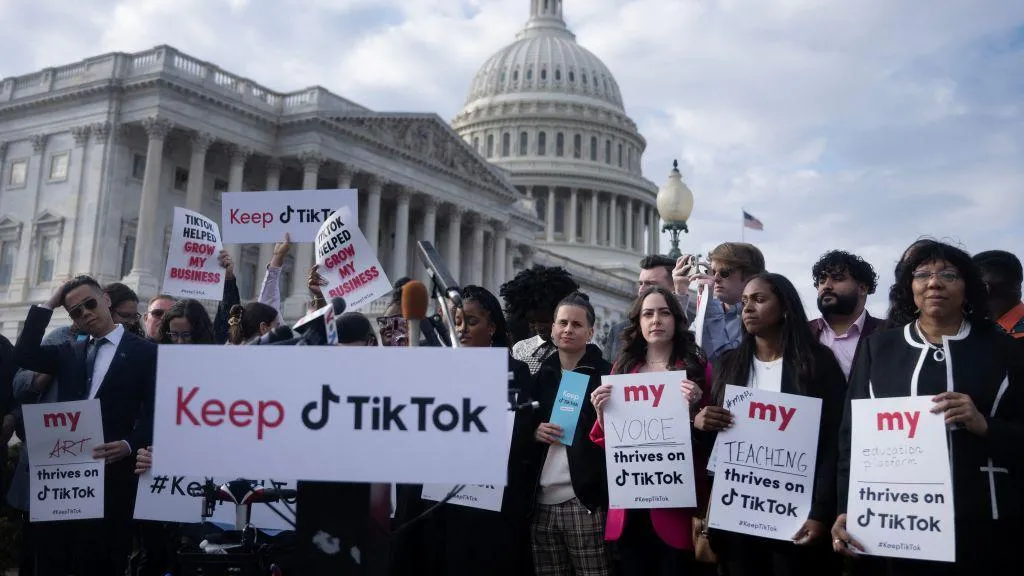China Calls TikTok Deal a Win – Here’s Why

A long-awaited breakthrough on TikTok may be near, with US President Donald Trump and China’s Xi Jinping expected to finalize terms this week. The framework agreement under discussion would see TikTok’s US operations sold to a consortium of American firms, including Oracle and major investors.
For years, TikTok’s fate has been central to US-China tensions. At the heart of the dispute is TikTok’s recommendation algorithm—the “secret sauce” behind its global popularity. The system fuels engagement, advertising, and virality, and rivals like Instagram Reels and YouTube Shorts have never fully replicated it.
The Algorithm Stays in China
Beijing has consistently refused to hand over the algorithm outright. Instead, China’s cybersecurity regulator has signaled it may allow ByteDance to license the technology to US owners while retaining control. This compromise means TikTok’s American version could run on a lighter, stripped-down version of the software—enough to keep the app functioning, but without giving away ByteDance’s most valuable intellectual property.
For US lawmakers, this may not be enough. Critics argue that a license still leaves room for Chinese government influence, falling short of the “full separation” required by law. Approval from Congress will be essential, and political resistance is already building.
Why Beijing Sees a Win
Even a limited deal offers China several advantages:
- ByteDance keeps control of its core algorithm and branding.
- TikTok avoids a US ban, preserving access to its biggest and most profitable market. Nearly half of ByteDance’s revenue comes from the US, where average user value is many times higher than elsewhere.
- A new model emerges—the so-called “TikTok Template.” Chinese firms in other strategic sectors, such as batteries and rare earths, could use licensing structures to expand into the US without surrendering their crown jewels.
In effect, China can present this as exporting technology on its own terms, while still protecting national interests.
A Deal That Buys Time
For Trump, the deal would be a political victory: keeping TikTok alive for its 170 million US users, many of them young voters. For Beijing, it buys time and leverage in wider trade talks with Washington, where tariffs, export controls, and access to rare earths remain contentious.
Still, risks remain. Any US-specific TikTok would sit on borrowed code, partitioned data, and fragile political trust. As one analyst put it:
“On the surface it will look like the same app. But behind the scenes, it will always be under a cloud.”
